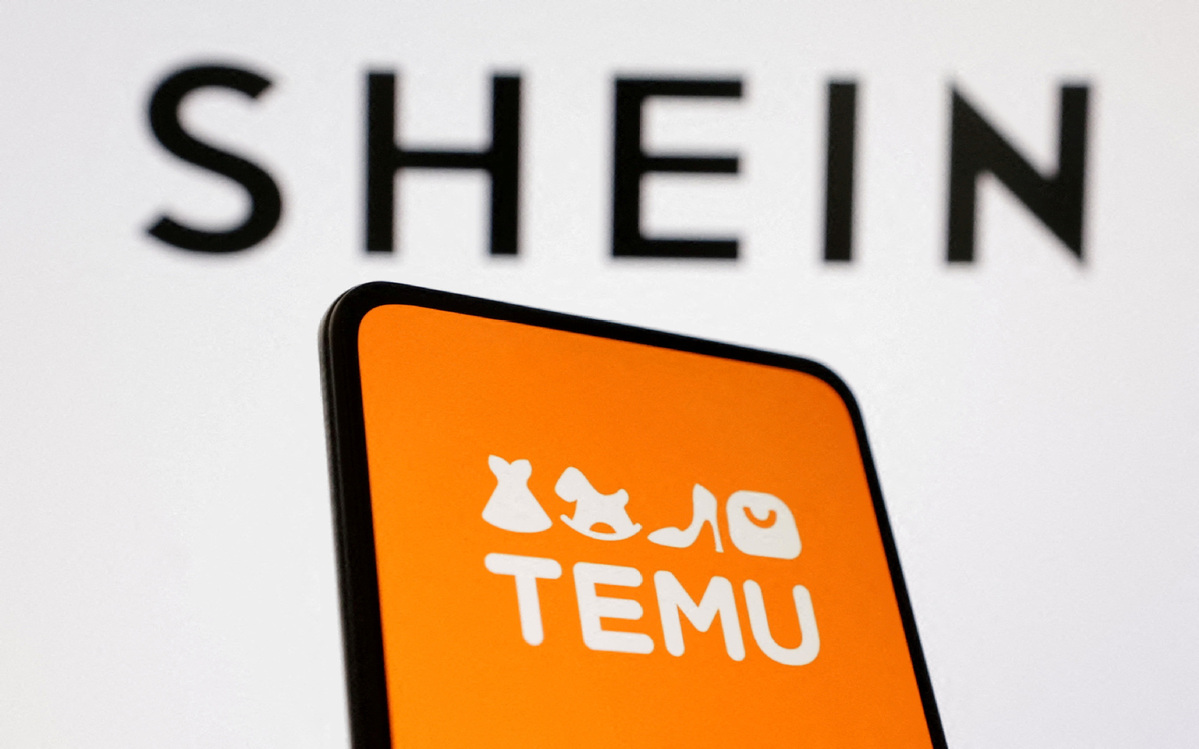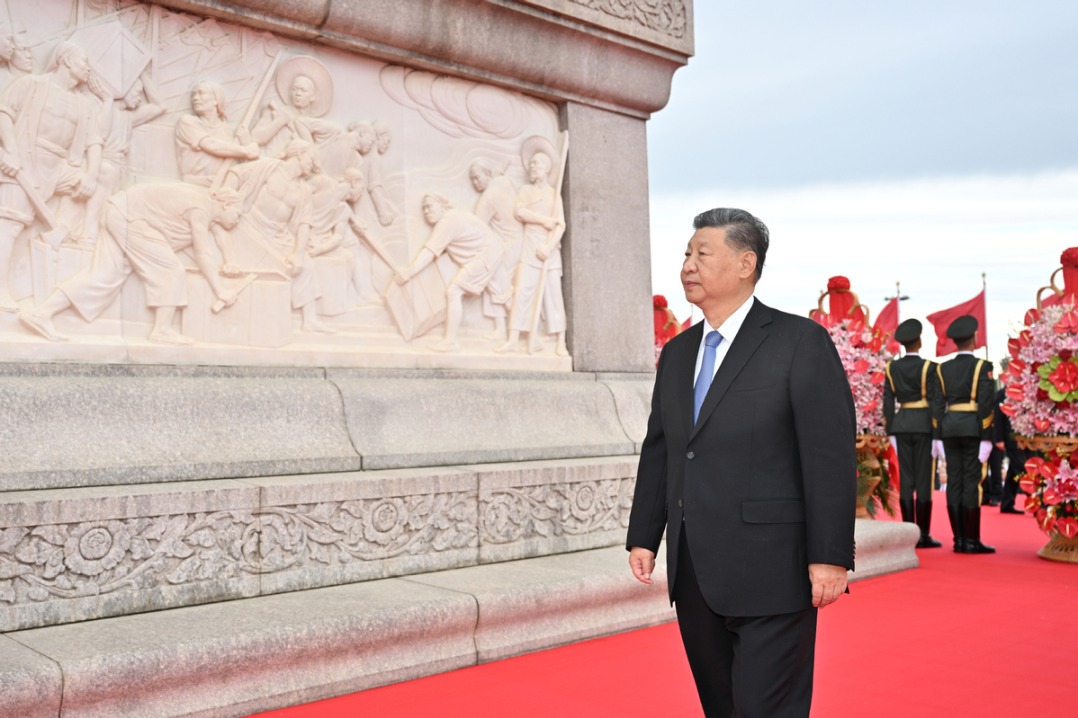US might end zero tariffs on low-price goods
Trade association slams proposed changes, says it will affect companies and consumers
By BELINDA ROBINSON in New York | China Daily Global | Updated: 2024-09-18 05:14

US President Joe Biden has proposed removing a trade exemption that allows goods made in China and shipped by popular companies such as Shein and Temu to bypass import duties if they are worth less than $800.
A US trade association said such changes would also affect American companies and consumers who enjoy buying the low-cost goods.
The "de minimis'' exemption permits such packages to be flown into the United States without levies or processing fees.
The Biden administration wants the packages to no longer be exempt from tariffs if they fall under Sections 201 or 301 of the Trade Act of 1974, or Section 232 of the Trade Expansion Act of 1962, according to a statement released by the White House on Friday.
But the administration's changes will not go into effect right away, The New York Times reported, adding that the proposal will be subject to comment by industries before being finalized in the coming months. There also is a presidential election on Nov 5.
More than 1 billion de minimis packages from across the globe came through US customs in 2023, up from 134 million in 2015, according to Customs and Border Protection (CBP) data.
China is the biggest source of retail packages entering the US daily, with around 3 million falling under de minimis, CBP data shows.
Z. John Zhang, a professor of marketing at the Wharton School of the University of Pennsylvania, told China Daily that Chinese fast-fashion brands are so successful because they offer international consumers several perks.
"Prices are lower, helped by a significant extent by zero tariffs that the US is levying on small parcels of less than $800 in value," Zhang said.
Shein and Temu have defended their businesses.
"Since Temu's launch in September 2022, our mission has been to offer consumers a wider selection of quality products at affordable prices," a Temu spokesperson told arstechnica.com, a technology news website. "We achieve this through an efficient business model that cuts out unnecessary middlemen, allowing us to pass savings directly to our customers. Temu's growth does not depend on the de minimis policy."
A Shein spokesperson told arstechnica that the company "makes import compliance a top priority, including the reporting requirements under US law with respect to de minimis entries".
The National Foreign Trade Council (NFTC), a trade association based in Washington, said the changes to the rule won't affect only Chinese fast-fashion brands, but also American companies and consumers who enjoy buying the low-cost goods.
In a letter dated March 6, the NFTC wrote to Jake Sullivan, national security adviser, and Lael Brainard, director of the National Economic Council of the US, on behalf of several US trade organizations.
The trade body had urged the government to "protect an essential component of America's economic health and supply chain efficiency: de minimis treatment of low-value goods entering the US".
The letter was backed by the Consumer Technology Association, the Express Association of America (EAA), the National Association of Manufacturers, the National Foreign Trade Council TechNet and the US Chamber of Commerce.
"De minimis has benefitted thousands of American small businesses across all sectors," the letter said. "For example, de minimis allows businesses to obtain inputs for domestically manufactured products into the US more efficiently and with fewer unnecessary administrative requirements.
"It has also made purchasing goods online more affordable and accessible for consumers at a time of inflation and supply chain challenges."
Earlier this year, US lawmakers called on the federal government to amend or shut down the de minimis exemption. A group of 40 lawmakers asked Homeland Security Secretary Alexander Mayorkas in a February letter to explore amending the use of the rule.
The NFTC estimates that changes to the de minimis rule will more than double the price of a $50 package based on a processing fee of $31.67 and a brokerage fee of $20 after it arrives in the US.
It also could lead 88 other countries with de minimis policies to adjust their rules, which could hurt American exporters.
The de minimis exemption, Section 321 of the Tariff Act of 1930, was created in 1938. Its aim was to help facilitate global commerce and allow for small packages valued at less than $5 ($160 in today's dollars) to get to customers quickly and efficiently.
The value of the packages allowed under the rule has gone up steadily over the years from $200 in 1994 to $800 in 2016, per person, per day.
Agencies contributed to this story.
























